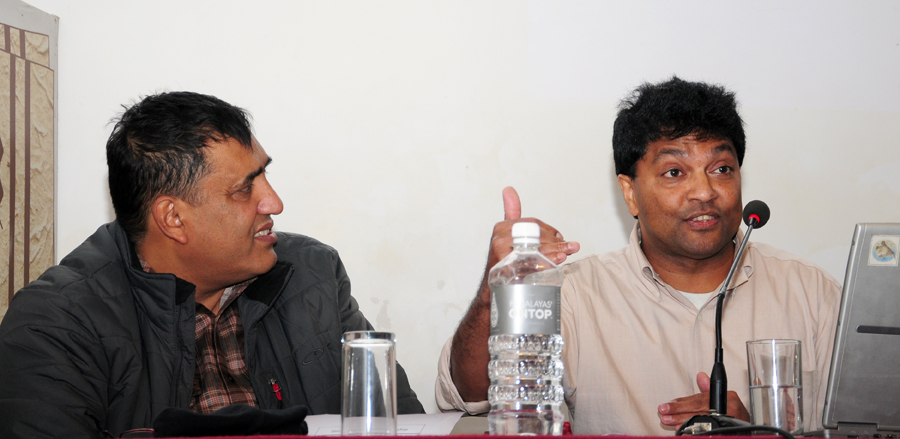Lecture Series
The Rise Of China And Its Implications For Indo-Lanka Relations

Neil De Votta
on
The Rise of China and Its Implications for Indo-Lanka Relations
While scholars debate about how China’s rise may be transforming the international system—one that goes from unipolar to bipolar or multipolar—the country’s ascendance is most certainly affecting relations among states in Asia. This is also the case for South Asia, a region that India has long sought to dominate as hegemon. China’s investments in the region have generated greater links between it and South Asia’s smaller states even as it enables these states to act in a more emboldened fashion especially vis-a-vis India. This appears to be the case in Sri Lanka, where the Mahinda Rajapaksa government uses its growing links to China to avoid adhering to Indian preferences even as it takes the island in a China-like authoritarian-capitalist direction. This new foreign policy trajectory has ramifications for Sri Lanka’s domestic politics as well as the country’s relations with India.
* * *
Neil De Votta is an Associate Professor of Political Science at Wake Forest University, North Carolina. His research interests include South Asian security and politics, ethnicity and nationalism, ethnic conflict resolution, and democratic transition and consolidation. He is the author of Blowback: Linguistic Nationalism, Institutional Decay, and Ethnic Conflict in Sri Lanka (2004) and editor of Understanding Contemporary India, 2nd edition (2010). He is currently at work on a book titled From Civil War to Soft Authoritarianism: Ethnonationalism and Democratic Regression in Sri Lanka. His publications have appeared in numerous journals, including Nations and Nationalism, Journal of Democracy,Commonwealth and Comparative Politics, Pacific Affairs, Asian Survey, Civil Wars, Journal of International Affairs, and Contemporary South Asia.
